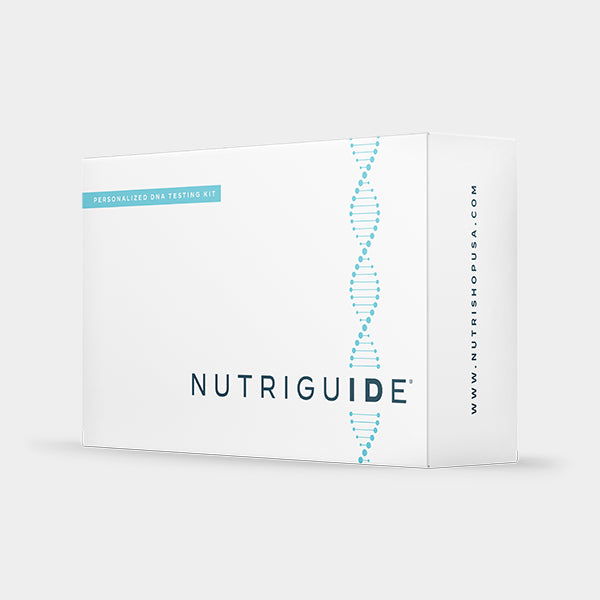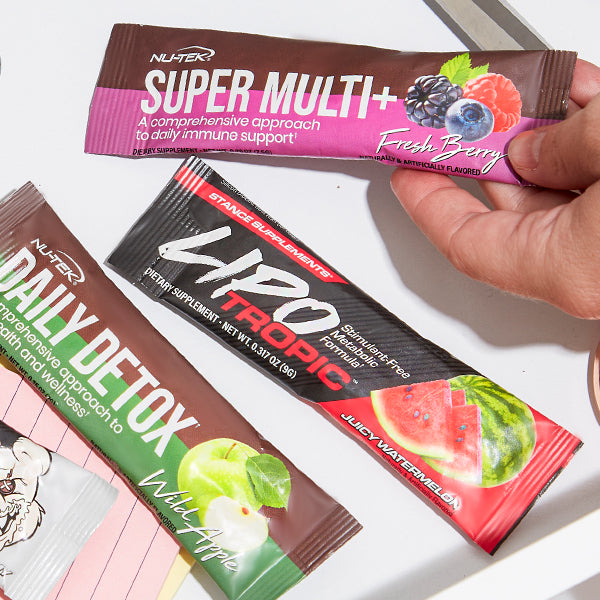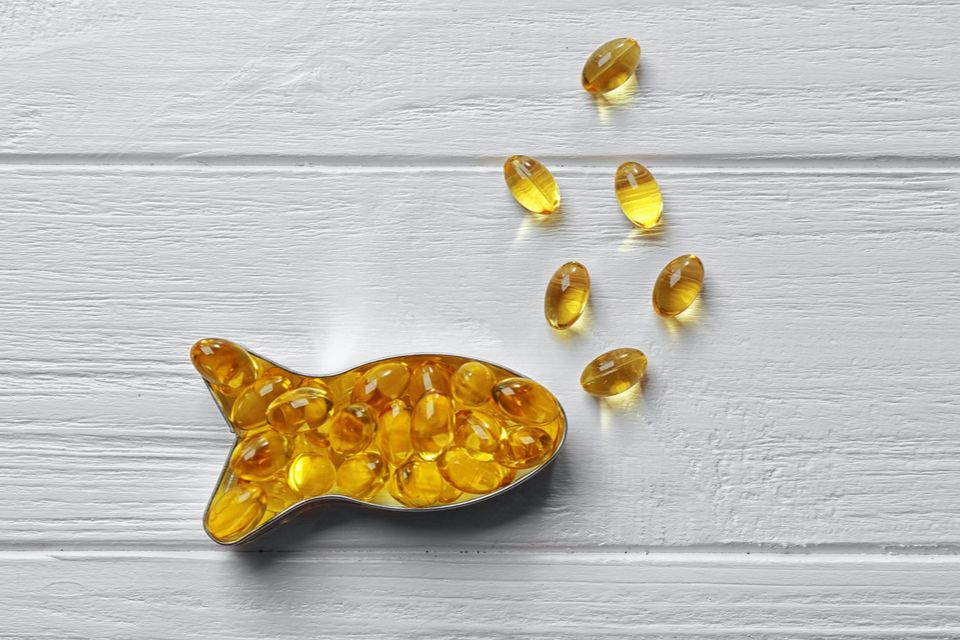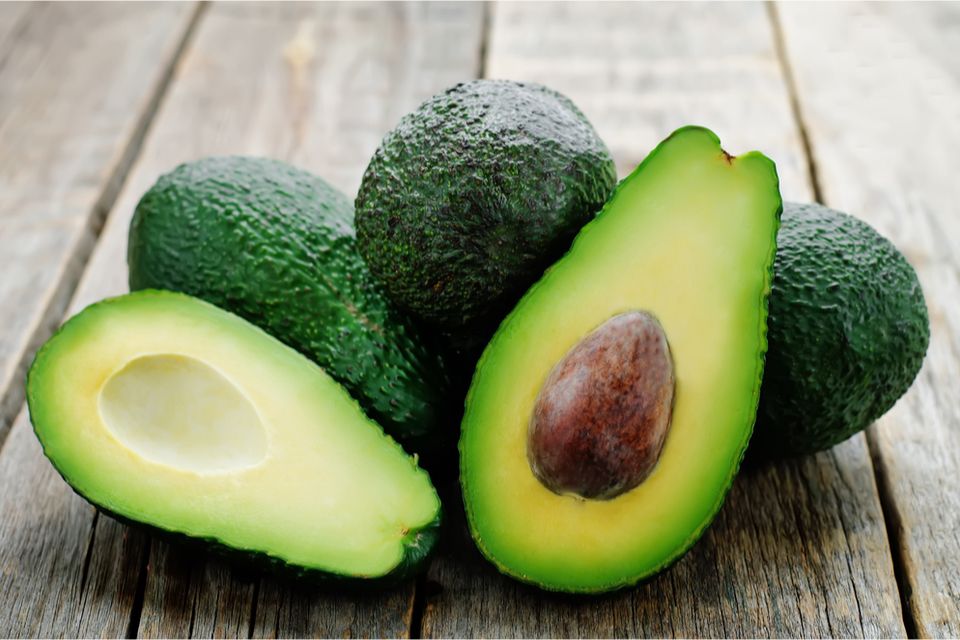What images does “collagen” evoke? Great skin, hair, and nails? Reversing aging? Weight loss?
Let’s dive into how collagen might help you, and what we know about its pros/cons to date.
What is collagen?
Collagen is a type of protein. It is a considerable component of your skin, muscles, tendons, bones, and even blood vessels. We often think of collagen as the fountain of youth, as it diminishes with age. When our own collagen declines, skin wrinkles and cellulite and sore joints become more noticeable.
Before you guzzle a canister of collagen protein seeking the fountain of youth, let’s dive into what it can do for you and what it can’t.
Why do I need protein?
Eating protein not only has many general health benefits but is also an essential nutrient for your body. Many people with weight-loss or physique goals intentionally increase the amount of protein they consume each day. Why?
- To Feel Less Hungry: Adding a little protein to each meal helps decrease hunger compared to meals without protein.
- To Boost Metabolism: Protein has a thermic effect, meaning it is the only food group to slightly elevate your metabolism after consuming it.
- To Tone Up & Perform: Protein helps build muscle, and muscle adds to your metabolic rate, endurance, strength, power, and that “toned look” that many seek.
Protein needs vary, so here are a few guidelines on the amount to consume daily, from the National Strength and Conditioning Association:
- General fitness: 0.8-1.0 g of protein/kg of body weight
- Endurance athletes: 1.0-1.6 g of protein/kg of body weight
- Strength athletes: 1.4-1.7 g of protein/kg of body weight
The body gets the most benefit from protein when it is spaced evenly throughout the day from a variety of sources, instead of consumed all at one meal. More is not always better, though. Like all calories, too many consumed in a day will be stored in the body as fat. So, if you count calories, you should count them from whole foods and supplements, too.
Why collagen protein?
Collagen powder is a type of non-vegetarian protein supplement. It is derived from sources such as beef, chicken, and fish—mostly the parts you normally don’t eat. Its diverse sources help build an amino-acid pool, from which your body draws to repair and build not only muscle and bone but also most other structures within the body.
Collagen powder is low calorie and often comes in flavorless varieties, making it an ideal protein-packed punch for your coffee, fruit and veggie smoothie, or bowl of oatmeal.
While current studies to date examine collagen protein preserving bone density, increasing weight loss, and increasing muscle strength, the effects are thought to be due to increased protein intake in general.
The one difference in studies comparing collagen to other protein sources was decreased joint soreness and increased mobility.
What else?
The body’s ability to make collagen is dependent on also getting enough vitamin C, proline, glycine, and copper. While proline, glycine, and copper would naturally be found in a mixed-source collagen supplement, give yourself a boost by including vitamin C in your diet, too.
Key points:
- You need protein as part of a health and fitness diet.
- Protein increases satiety, elevates metabolism, and contributes to weight loss, muscle endurance, strength, and power.
- Collagen is a key protein that makes up our skin, muscles, tendons, joints, and even parts of our cardiovascular system.
- You probably are not eating high-collagen foods.
- Most health and wellness goals benefit from having a variety of protein sources.
- Collagen supplementation offers a low-calorie source to obtain your protein.
------------------------
About the Author: Dr. Meredith Butulis is a Sports Medicine Physical Therapist, NSCA Certified Strength and Conditioning Coach, ACSM Certified Exercise Physiologist, NASM Certified Personal Trainer, and Precision Nutrition Certified Nutrition Coach in practice since 2002. She consistently walks the talk as a fitness, physique, and OCR world level competitor and lifestyle transformer since 2006, celebrating many wins along the way.






